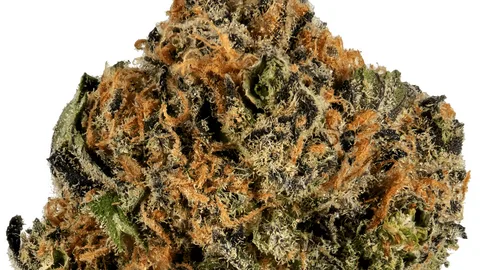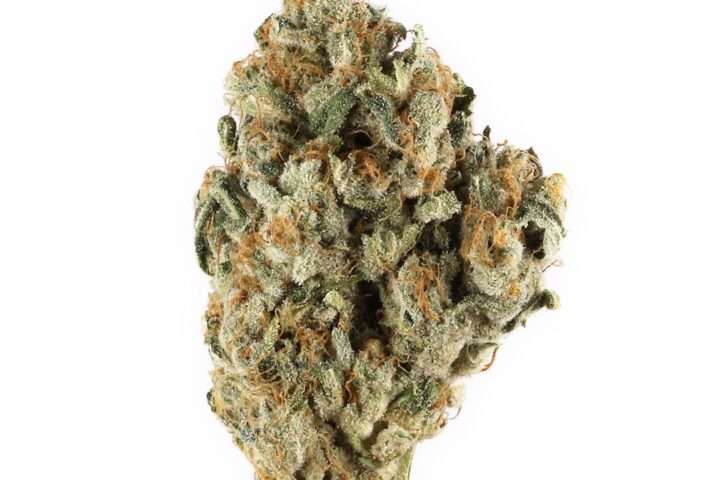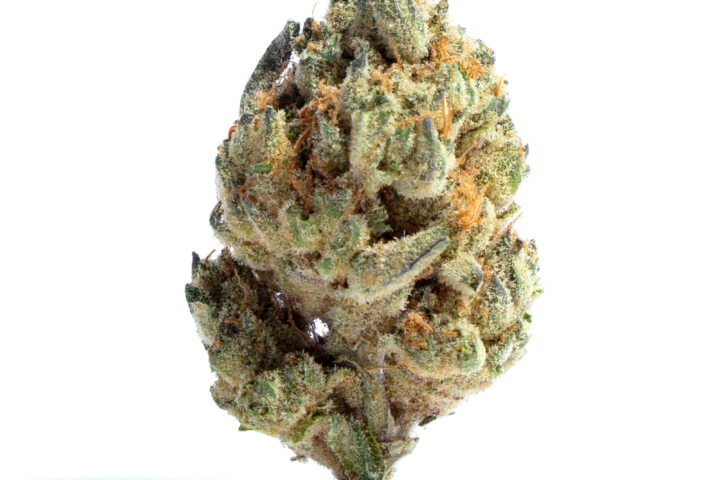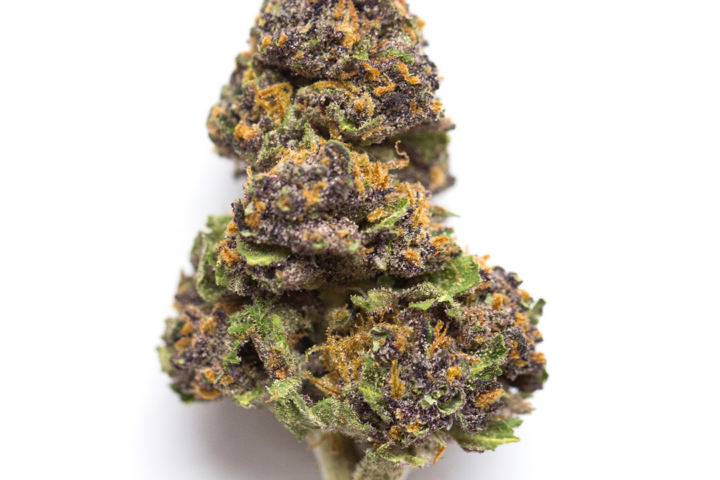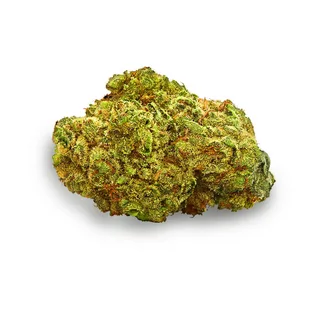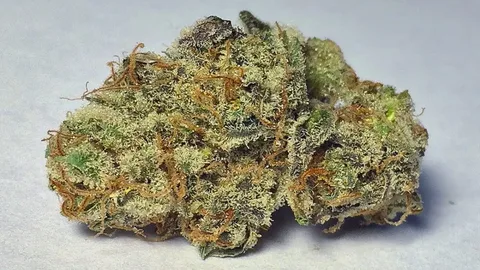In the world of cannabis, enthusiasts are always on the lookout for unique and exciting strains to explore. One such intriguing option is Gary Poppins, a hybrid strain known for its potent effects and distinct flavor profile. In this comprehensive guide, we’ll delve into the origins, characteristics, effects, medical uses, and cultivation tips for Gary Poppins, providing you with everything you need to know about this captivating cannabis variety.
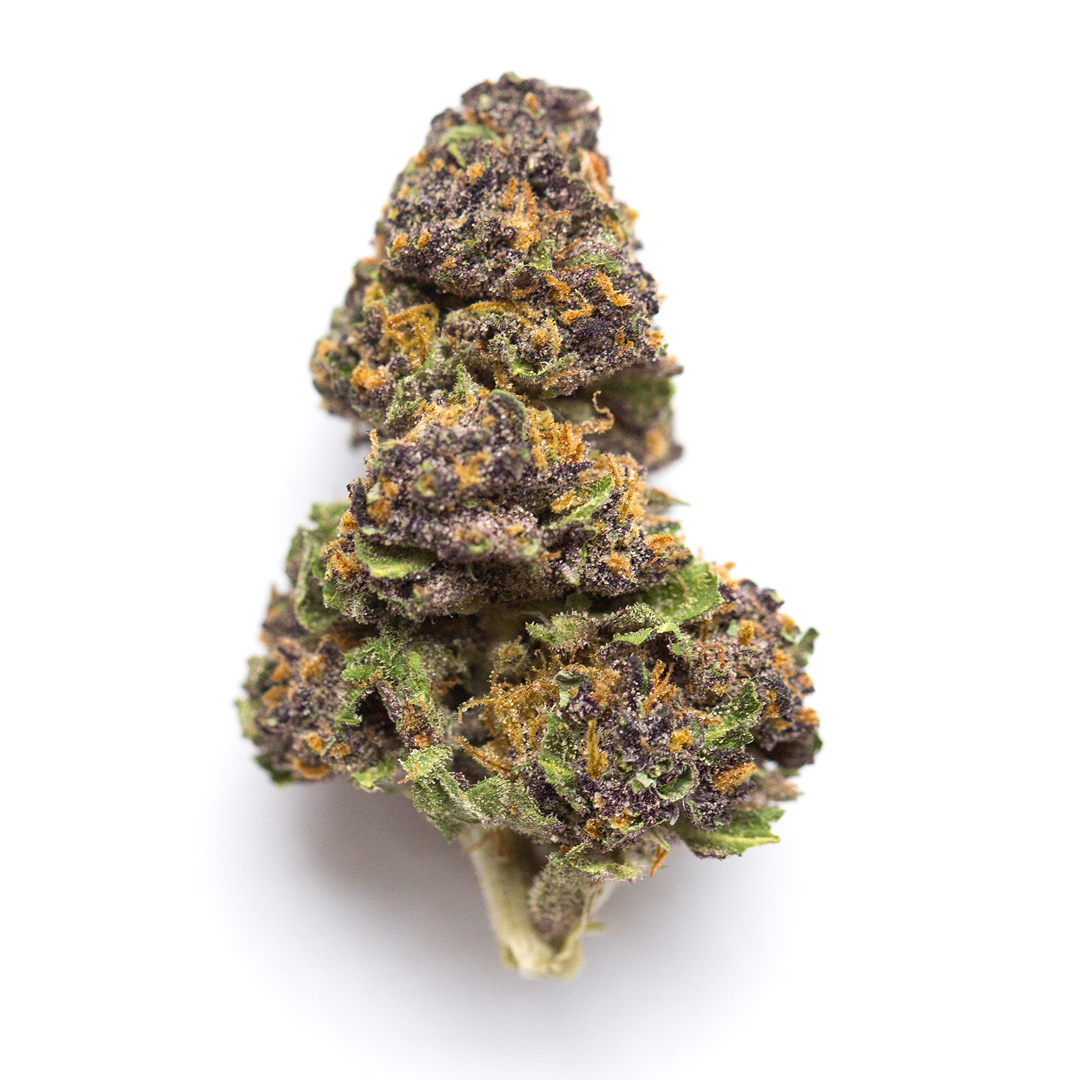
Origins of Gary Poppins
Gary Poppins is a hybrid cannabis strain that originated from the skilled breeders at Seed Junky Genetics. While specific details about its genetic lineage may vary, Gary Poppins is believed to be a cross between popular strains such as Gary Payton and another undisclosed parent. The result is a well-balanced hybrid that offers a combination of uplifting effects and flavorful aromas.
Characteristics of Gary Poppins
Gary Poppins is typically characterized by its dense, resinous buds that are coated in a frosty layer of trichomes, giving them a sparkling appearance. The buds often feature vibrant hues of green, purple, and orange, with fiery red hairs interspersed throughout. When properly cured, Gary Poppins emits a pungent aroma that blends sweet and earthy notes with hints of citrus and pine.
In terms of flavor, Gary Poppins offers a complex and multifaceted experience that delights the palate. Users may detect a sweet and fruity taste on the inhale, followed by subtle hints of spice and diesel on the exhale. The smoke is smooth and velvety, making it a pleasure to inhale for both novice and experienced cannabis consumers.
Effects of Gary Poppins
Gary Poppins is prized for its well-balanced effects that offer a combination of cerebral stimulation and physical relaxation. Upon consumption, users typically experience a euphoric and uplifting high that enhances mood and creativity. These cerebral effects make Gary Poppins an excellent choice for social gatherings or creative endeavors, as it can inspire lively conversation and imaginative thinking.
As the high progresses, users may also notice a gentle body buzz that helps to alleviate tension and promote relaxation without inducing sedation or couch-lock. This balanced combination of effects makes Gary Poppins suitable for daytime or evening use, depending on individual preferences and tolerance levels.
Medical Uses of Gary Poppins
In addition to its recreational appeal, Gary Poppins also offers potential therapeutic benefits for medical cannabis patients. The uplifting and mood-enhancing properties of this strain make it effective for managing symptoms of depression, anxiety, and stress. The cerebral effects can help users break free from negative thought patterns and find greater mental clarity and emotional balance.
Furthermore, Gary Poppins’ gentle body buzz may provide relief from mild aches and pains, making it a suitable option for individuals seeking natural pain management solutions. Additionally, some users report that Gary Poppins helps alleviate symptoms of fatigue and lack of motivation, making it a popular choice for boosting energy and productivity.
While Gary Poppins may offer relief for various medical conditions, it’s essential for patients to consult with a qualified healthcare professional before using cannabis as a treatment option. Medical supervision can help ensure safe and effective use and minimize the risk of adverse effects or interactions with other medications.
Cultivation Tips for Gary Poppins
For those interested in cultivating Gary Poppins at home, it’s essential to understand the specific requirements and characteristics of this strain. Gary Poppins is known for its moderate difficulty level when it comes to cultivation, making it suitable for growers with some experience under their belts.
Gary Poppins thrives in a controlled indoor environment where temperature, humidity, and lighting can be carefully regulated. When grown indoors, this strain typically produces higher yields and better quality buds compared to outdoor cultivation.
For optimal results, growers should provide Gary Poppins plants with plenty of light during the vegetative and flowering stages. LED grow lights or high-pressure sodium (HPS) lights are popular choices for indoor growers. Additionally, maintaining proper air circulation and ventilation can help prevent mold and mildew issues, especially during the flowering stage when buds are dense and prone to moisture buildup.
When it comes to nutrients, Gary Poppins responds well to a balanced fertilizer regimen designed specifically for cannabis plants. It’s essential to monitor pH levels and adjust nutrient concentrations accordingly to ensure optimal nutrient uptake and plant health.
Gary Poppins plants typically have a flowering time of 8 to 9 weeks when grown indoors. During the flowering stage, it’s crucial to provide adequate support for the heavy buds to prevent branches from bending or breaking under their weight. Additionally, regular pruning and defoliation can help improve airflow and light penetration, leading to healthier plants and higher yields.
For outdoor cultivation, Gary Poppins thrives in a warm and sunny climate with a long growing season. However, it’s essential to protect outdoor plants from pests, diseases, and adverse weather conditions that could negatively impact growth and yield.
Overall, with proper care and attention to detail, Gary Poppins can reward growers with bountiful harvests of flavorful and potent buds that capture the essence of its parent strains.
Conclusion
In conclusion, Gary Poppins is a hybrid cannabis strain that offers a delightful combination of potent effects, unique flavor profile, and therapeutic potential. Whether enjoyed recreationally or used for medicinal purposes, Gary Poppins has something to offer cannabis enthusiasts of all backgrounds. From its origins at Seed Junky Genetics to its cultivation and consumption, Gary Poppins invites users on a journey of exploration and enjoyment in the diverse and ever-evolving world of cannabis.






